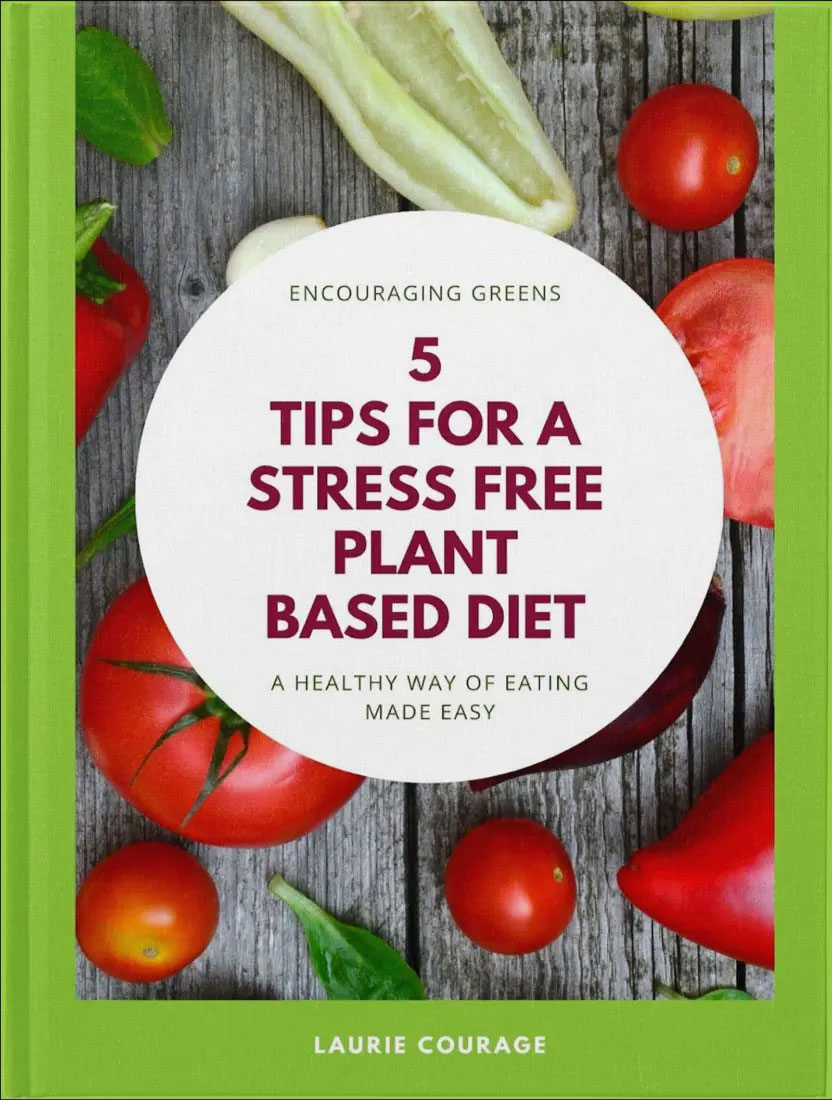Ever wonder which is the best food to eat – organic, local (with few pesticides), or simply plant-based?
All of the above when we can, but we may not always have a choice. Growing your own is best, but if you can’t grow enough, here are some great options.
Buy Organic
Food as grown, without chemicals and pesticides, tastes better and is better for us. The government regulates and monitors the use of the organic label and most would prefer to enjoy organic fruits and vegetables.
What might be getting in our way?
The cost, especially in season. Organic usually costs more since there are few subsidies that offset the added expense of certification and growing produce with care instead of pesticides.
What to do?
- Choose wisely. Check out the latest listing of the Clean 15 and the Dirty Dozen from the Environmental Working Group. Each year, EWG monitors levels of pesticides for produce, and advise on which organic choices matter most. My rule of thumb, if I don’t eat the peel or skin, and/or don’t eat it often, I don’t worry so much about organic and save my money for when I do (apples, sweet potatoes, kale, blueberries, etc.).
- Choose frozen, especially off season. Another great way to save is buying organic frozen, even in bulk, such as Costco frozen blueberries, strawberries and dark cherries.
Buy Local
Supporting our local farmers is a must if we want access to fresh fruits and vegetables and reduce our carbon foodprint. Many of us have access to local produce through our stores and farmers markets. By asking about the source and shopping local, we may find that few if any pesticides are used and the produce is very fresh and flavorful given the recent harvest nearby.
What to do?
- Ask about the source. Get to know your local farmers and produce managers. Ask about their practices and sources. Shop and cook seasonally for the best flavor and prices. When buying in bulk, batch ingredients that you can freeze or can.
- Share the risk. Join a CSA in your community and have the farmer share boxes of fresh seasonal produce as grown and tailor your menu accordingly. Learn to love and prepare something new each week. Expand your palate and your favorite recipes with the seasons.
Choose Plant-based
Even if you can’t find or afford organic or local options, plant-based is ALWAYS a good place to start. Your gut microbiome will thank you when you have all the phytonutrients, antioxidants, and nutrients you need to reduce inflammation and help your body stay healthy.
What to do?
- Buy seasonal. Usually the prices of organic and non-organic get a lot closer when in season. All the prices come down no matter your choice so you can stock up on healthy food.
- Buy frozen. Again, frozen food has a much longer shelf life, especially since it is often frozen at the peak of freshness, and you will waste less and enjoy more of what you buy.
- Eat a rainbow. No matter what the source, eat as many colors of unprocessed food each day as possible (i.e. fruits and veggies, not Fruit Loops and Starburst).
What is most important is to eat your vegetables!
Don’t let cost or access to organic or local choices get in the way of eating to heal! Want more tips? I can help.

